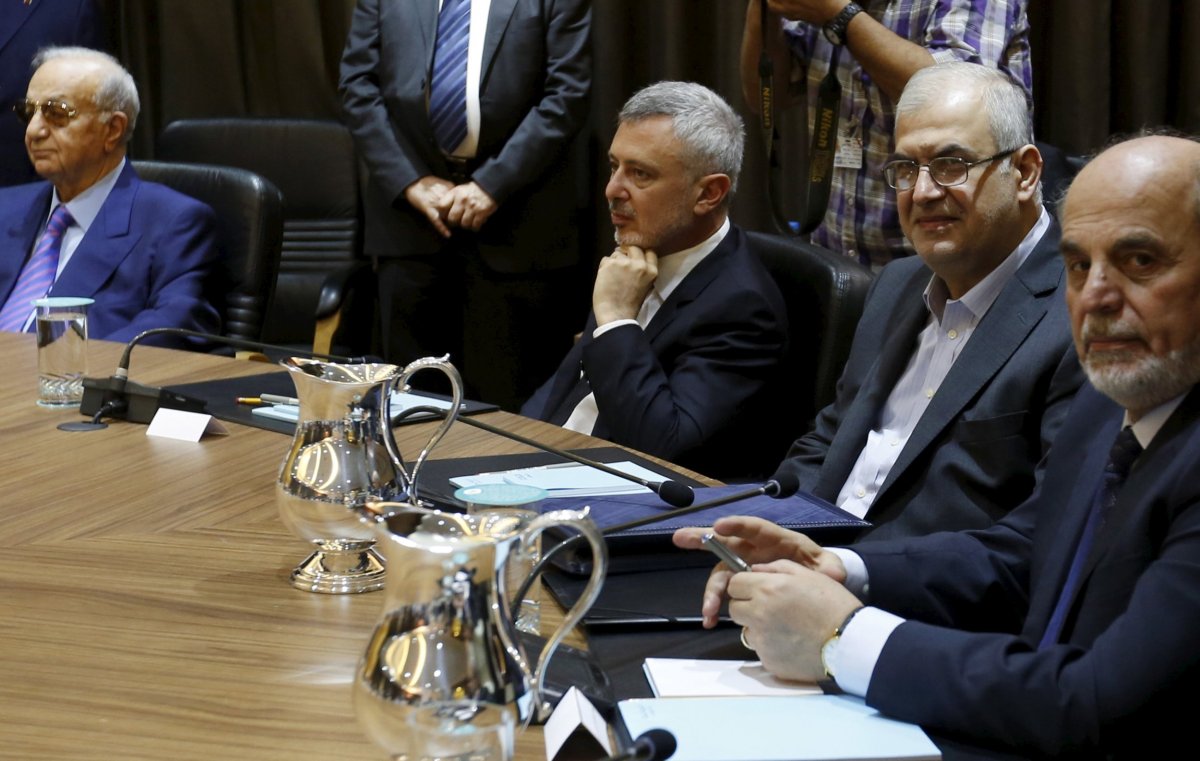
This article first appeared on the Council on Foreign Relations site.
It is rare for the prime minister of any country to call its government "worthless," but Prime Minister Tammam Salam of Lebanon just did.
For 19 months, Lebanon has been unable to elect a president, and its government is largely paralyzed. Even collecting the garbage has been a problem, leading to the creation of a protest group called "You Stink," whose name reflects what happens when refuse is left in the streets.
But the situation is not comic. In fact, the paralysis reflects the power of Hezbollah and Syria. Under Lebanon's constitution its president must be a Christian, but Christians have been divided about whom to select.
Now, the Christian notable who is closest to Bashar al-Assad, Suleiman Franjieh, is close to winning the presidency. As the Lebanese Information Center put it,
[I]n a supposed compromise agreement this November, Future Movement head Saad Hariri nominated Christian leader Sleiman Franjieh as president. The Franjiehs have close family ties to the Assads of Syria, and Sleiman had formed a close relationship with Hafez al-Assad's eldest son, Bassel, and later with his brother Bashar.
Franjieh is head of the Marada Party, which is influential in a small area in northern Lebanon. He holds extreme views, calling Hezbollah military mastermind Imad Mughniyeh a Lebanese legend and proudly brandishing his loyalty to Assad and Hezbollah.
There are reports that Franjieh met again with Assad on November 13. His ascent to the presidency of Lebanon would come over the objections of most Christians, and Hariri's support for this move has also angered many Sunnis. So why is it happening?
In part it reflects Hariri's own personal situation: he wants to be prime minister again and in this deal would get that position.

Widespread rumors suggest that Hariri is out of cash, largely because the Saudis are way behind on payments owed to him and his Saudi-based construction company. He apparently thinks that winning the prime minister job (reserved for a Sunni under the constitution) would give him the clout he needs to save himself financially.
But more generally, the situation reflects the decline of American (and French) influence in Lebanon and the whole region as the Assad-Iran-Hezbollah-Russia axis rises. There was until recently a balance in Lebanese politics, and the Christian presidency was critical to that balance—out of the hands of Syria, Assad, Hezbollah and Iran. If Franjieh gets the post, the Christian community will be represented by a pawn of its worst enemies.
So far, the two Christian leaders who are usually rivals (and rivals for the post of president), Michel Aoun and Samir Geagea, are opposing the plot to put Franjieh in that job. The outcome is in doubt.
But if Syria and Hezbollah can select Lebanon's Christian president, it will mark a giant step toward their renewed domination of Lebanon. It will also show the sad decline of American influence.
Whatever speeches are coming from the Obama administration, on the ground in Lebanon, where power is measured carefully, the United States is losing, and Russia, Iran, Hezbollah and Assad are winning.
Elliott Abrams is senior fellow for Middle Eastern Studies at the Council on Foreign Relations.
Uncommon Knowledge
Newsweek is committed to challenging conventional wisdom and finding connections in the search for common ground.
Newsweek is committed to challenging conventional wisdom and finding connections in the search for common ground.
About the writer
To read how Newsweek uses AI as a newsroom tool, Click here.









